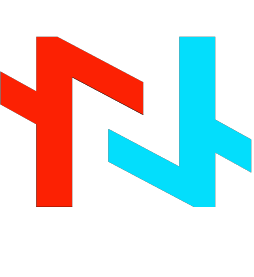
The Digital Millennium Copyright Act (DMCA) is a U.S. copyright law enacted in 1998 to protect digital content and intellectual property from unauthorized use, distribution, and infringement. It provides legal protection for copyright holders and outlines procedures for addressing copyright violations on digital platforms.
Key Features of DMCA
- Protection Against Copyright Infringement
- DMCA ensures that original digital content, including text, images, music, videos, and software, is protected from unauthorized use.
- DMCA Takedown Notice
- Copyright owners can request the removal of infringing content by filing a DMCA takedown notice with service providers (web hosting, social media, search engines, etc.).
- Safe Harbor Provision
- Internet service providers (ISPs) and platforms (like YouTube, Facebook) are protected from liability if they promptly remove infringing content after receiving a DMCA complaint.
- Anti-Circumvention Measures
- It prohibits bypassing digital rights management (DRM) technologies used to protect copyrighted content.
- Counter-Notice System
- If a website or individual believes that a takedown request was incorrect, they can file a counter-notice to restore the content.
- Penalties for Copyright Violations
- Violators may face fines, legal action, and even criminal charges for repeated or severe copyright infringements.
Advantages of DMCA
✅ Legal Protection for Creators
- Helps authors, artists, businesses, and content creators protect their digital works from unauthorized use.
✅ Reduces Online Piracy
- DMCA discourages piracy by allowing swift removal of illegal content from websites.
✅ Ensures Fair Use Compliance
- Encourages responsible content use while allowing fair use exceptions (e.g., reviews, commentary, education).
✅ Protects Online Platforms
- Websites and service providers are safeguarded from lawsuits as long as they follow DMCA rules.
✅ Encourages Ethical Content Sharing
- Promotes respect for intellectual property rights in digital spaces.
Conclusion
The DMCA is a crucial law that balances copyright protection with digital content accessibility. It provides a legal framework for content creators, platforms, and users to address copyright issues fairly and efficiently. Implementing DMCA compliance helps prevent copyright disputes and maintains ethical digital practices.
